We Need to Talk About Ski Town Suicide
Do you know what the worst part is about being a snowboard instructor? It’s not the seasonal work or the many missed powder days. It’s not even all the extravagant affluence around you as you struggle to get by. All of these things certainly wear on you, but you chose this for the love of snowboarding and sharing that passion with others. You justify it with the hope that you can bring joy to their lives, a respite from the daily grind.
No, the worst part of it is the suicide. You stay in this industry long enough, and even the most reclusive will have at least known someone who has intentionally ended their struggle with this world. This is the suicide belt of America, better known as the Rocky Mountains.
The place I want to work, where I want(ed) to make a life, has a suicide rate three times that of the entire state of Colorado at 22.5 per 100,000 people. A town built for tourists alone, is not and cannot be built for the people who keep it running. They are an afterthought, but “it’s okay because they chose this.” No, they chose the mountains just like workers in Redstone chose to dig coal instead of starve. If we all agree it wasn’t right then, why is it okay now? Because the facade and amenities of a ski town is better than a company town based on coal?

All the things you’re seeing come to light right now isn’t because COVID has made employees lazy. It’s that there is a shortage of people willing to live without personal space and privacy. To grind away at two or three jobs that are physically demanding all winter long in order to live in the mountains. You may not know this, but if you can be successful in a ski town you can be incredibly successful in most places.
There does seem to be a selection bias in mountain towns towards those with anxiety difficulties, but life is just generally harder from every direction in ski towns. Could this be a way that people are dealing with anxiety, undiagnosed or otherwise? Does the relief from anxiety seem like happiness? It’s been shown that we don’t always know how to interpret the physical phenomenon we call emotions, because they are not innately understood. So what does a lack of anxiety feel like to the person who doesn’t even realize they’re living with it?
All this is exacerbated by the Roommate Russian Roulette or being harassed by the police for living in the parking lot. But you can’t afford to live on your own in an apartment, let alone dream of buying property in the place you want to work. So do you choose privacy, having roommates in your thirties, or leaving town? How much are you willing to pay for your medication, especially when it feels natural?
But suddenly, when you can’t house 6 people in a two bedroom apartment, when you can’t even spend $600/mo to share a bed with some stranger you probably met online, lifts don’t run and kitchens aren’t staffed. And even the people who live here can’t seem to figure out why you see “help wanted” signs all over town. I blame COVID on helping people realize we don’t have to live such an unpleasant life grinding away at something in the future instead of dedicating time to our current selves as well. Life is balance, after all. And before, these were the conditions many lived in.

You may have to leave the playground you love as your office, but eventually your home life and a healthy community become more important than living in your playground. But what happens when you feel like you’re giving up on your dreams just as you can touch them, and you’re just waiting for that next break for things to get easier?
People who are looking at the ratio of employee to free market housing are missing the broader picture. They don’t look at who owns those properties and that they lack permanent residents, or that renting a house for thousands a night means it’s easier to spend millions on it. Many houses also sit empty as third and fourth holiday houses. All of this driving up the prices of housing even more and pushing the employees further away from work.
And if you can’t make it in the valley, it’s because you’re lazy and didn’t save up enough money to buy three houses to rent out so you don’t have to work. You shouldn’t forget vacation rentals through VRBO, AirBNB, and other real-estate management and rental companies in town, because they too are keeping workers from being able to live near employment.
I once saw an AirBNB host claim that we should be thankful to have them as neighbors, because the property is professionally maintained and always looks pretty. But you know who my preferred neighbor is over a bunch of rotating people? Friends that have had to leave town because they can’t afford housing anymore, or all the employees living in vans and cars in the parking lot. No wonder we party to escape.

With people doing everything they can just to scrape by, town councils want to spend millions on things that will draw in more tourists instead of investing in employees and community assistance. The problem isn’t too many tourists though, without them, most of our jobs wouldn’t exist. It’s that the town is making it so that tourists can buy their way in but the employees can’t really labor their way in through the blood, sweat, and tears they’re spending to stay there. It’s fine that a night in the Little Nell is two thousand dollars a night, but what isn’t okay are deed restricted houses that cost $800,000.

But now that the entertainment of the guests is being hampered by a lack of employees, the general public has decided it cares about the staff. Until now it has always been “You should be thankful you live in the mountains because I have to spend thousands of dollars to go snowboard!”, and usually said to someone who can’t afford to participate in the sport they’ve chosen to work in. Now, for the first time ever, the general public is seeing the side of these mountain ski towns that is absolutely disgusting. And it’s still not as many as anyone would hope.
Sure, some of you who are reading this have made it. You’ve worked your shitty jobs and long hours, sacrificing years of quality of life to get there. But that doesn’t make it right. You’re making the same argument made by mysogynists and racists who wonder what everyone’s problem is when “that one person that one time didn’t have a problem making it in this culture.” And it’s because they want to keep their toxic ways instead of improving themselves and their community.
“Chew them up, spit them out, and it’s okay because they chose to do it.” That’s an arrogant way to live your life. Thinking that because you suffered to get where you are, that others should have to as well.
And you might want to blame Vail for this, even Alterra, but it’s the entire tourism industry. Whether it’s ski resorts or theme parks, they rely on staff that only wants to be there for one season or one year because they’re cheaper. So they pay poorly, have college-like housing for grown adults, and they want it that way. They want it that way so you’re miserable enough to leave so someone else can “be thankful enough to live in this vacation destination.” It’s more profitable that way, and profit comes before people. Usually under the guise of “we want to make sure we keep everyone employed, regardless of their quality of life here.”
You can be as financially exclusive as you want in order to draw in the clientele you want to collect money from if that’s your profit motive. If you only want your patrons to see the working class when someone bumps their chair or serves their drink, at least have the decency to pay that working class enough to live there.

When you do this, you’ll also deliver a better customer experience because their hosts truly know, love, and live in the mountains you’re profiting from. While this sort of passion and knowledge doesn’t fit into a spreadsheet, it will absolutely pay dividends as employees who are mentally healthy are capable of performing a better quality of work. Employee retention matters, even more so when the busiest time of year is less than a month after opening day.
Just because someone “returns transformed” from their holiday, doesn’t mean the staff who enabled that experience aren’t broken and hurting; transformed in a different way. Stop looking for scientific answers and explanations alone. Data are without emotion, so looking to science alone to solve the ski town suicide problem means you’re probably asking the wrong questions. But I promise you the employees can tell you which questions to ask of those data. That is at least, when people in the office are actually willing to have engaging conversation with the very same working class that’s keeping you afloat, that you claim to be trying to find solutions for.
Capitalism that doesn’t consciously put community first will destroy everyone around, and this country has the history to prove it. Many of us are living it right now. So at minimum, be kind to your bartender and lift operator. There’s a reason the burnout is real, and it’s far worse than you could imagine.
Authors Note: This article has been four years in the making. Four years to feel like I could do this justice, and like I was emotionally sound enough to write this. I’ve also been waiting for an opportunity where the general public might listen. I’ve been on the edge myself, made my own dieing space before, expecting to take my own life. But no one ever listened when I discussed the problems I was dealing with, because the response was “but you’re living in the mountains!” and “you have the best job in the world.” Since I began chasing my dreams of doing the one job that made me feel truly happy while at work, I’ve met more people who have the physical scars of suicide attempts than I could have imagined. Just because someone is bringing joy to your life and is feeding off of your happiness doesn’t mean they aren’t broken inside and deeply suffering when the chairs stop spinning and the parties end.
I don’t think the suicide will end just because the residents have a better income and a safe place to call home, where they don’t have to play roommate Russian Roulette or move twice a year. Science should continue to do it’s thing and look into the entirety of the problem with the Suicide Belt of America, which includes the social sciences. But when the ski resort employs most of the town and allows the tertiary businesses to exist that employs everyone else, then it has a social responsibility to it’s staff and it’s community beyond any other business. A company town by any other name is still a company town.
And as residents of these towns, it’s time we stop looking for the obvious answers. They aren’t working. Complain as you need, but make sure you’re engaging in the task of coming up with new solutions to these industry old problems.
Sources:
Extreme Sports Athletes and Anxiety (Sources are in article)
The post We Need to Talk About Ski Town Suicide appeared first on agnarchy.com.










